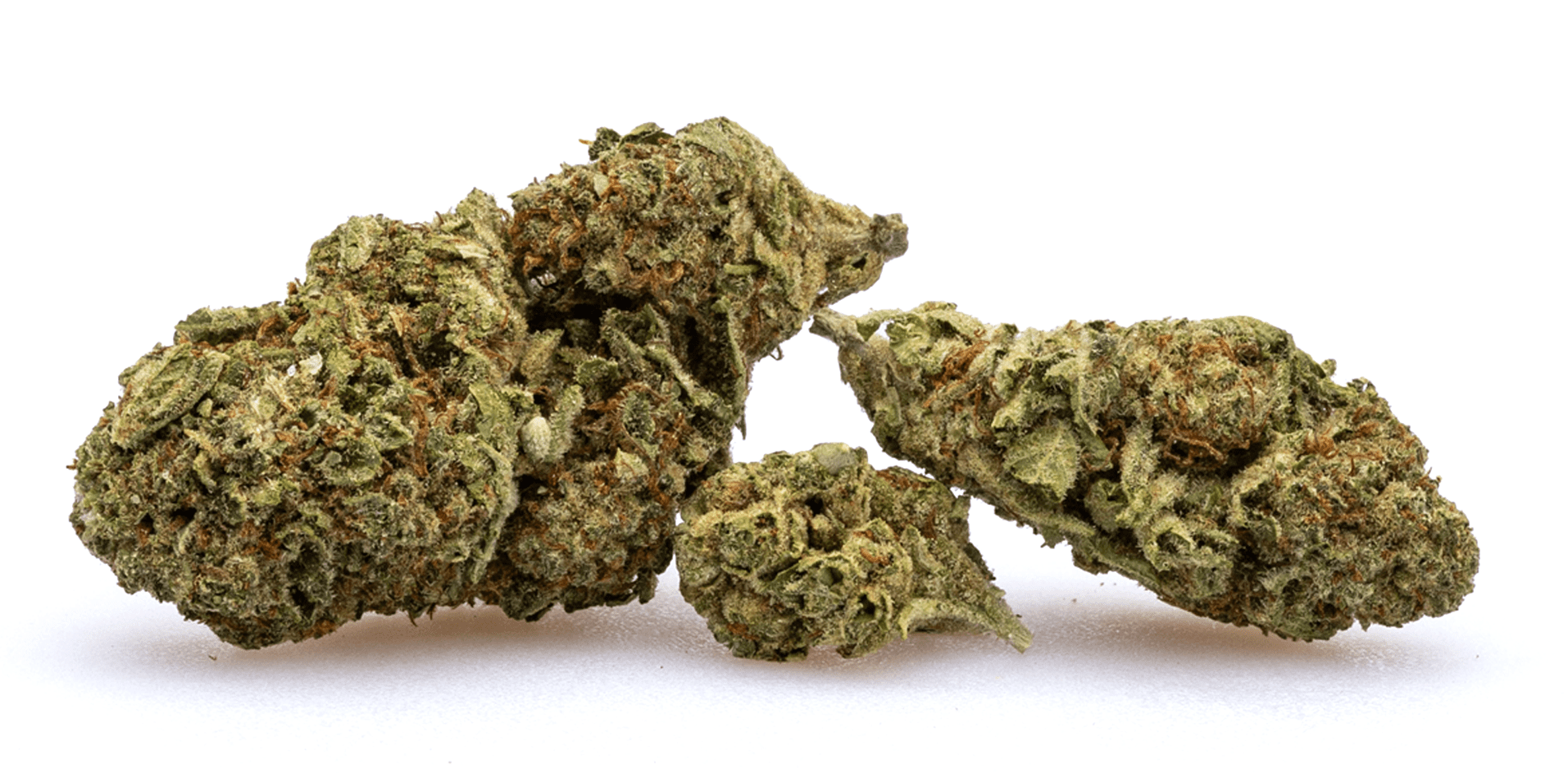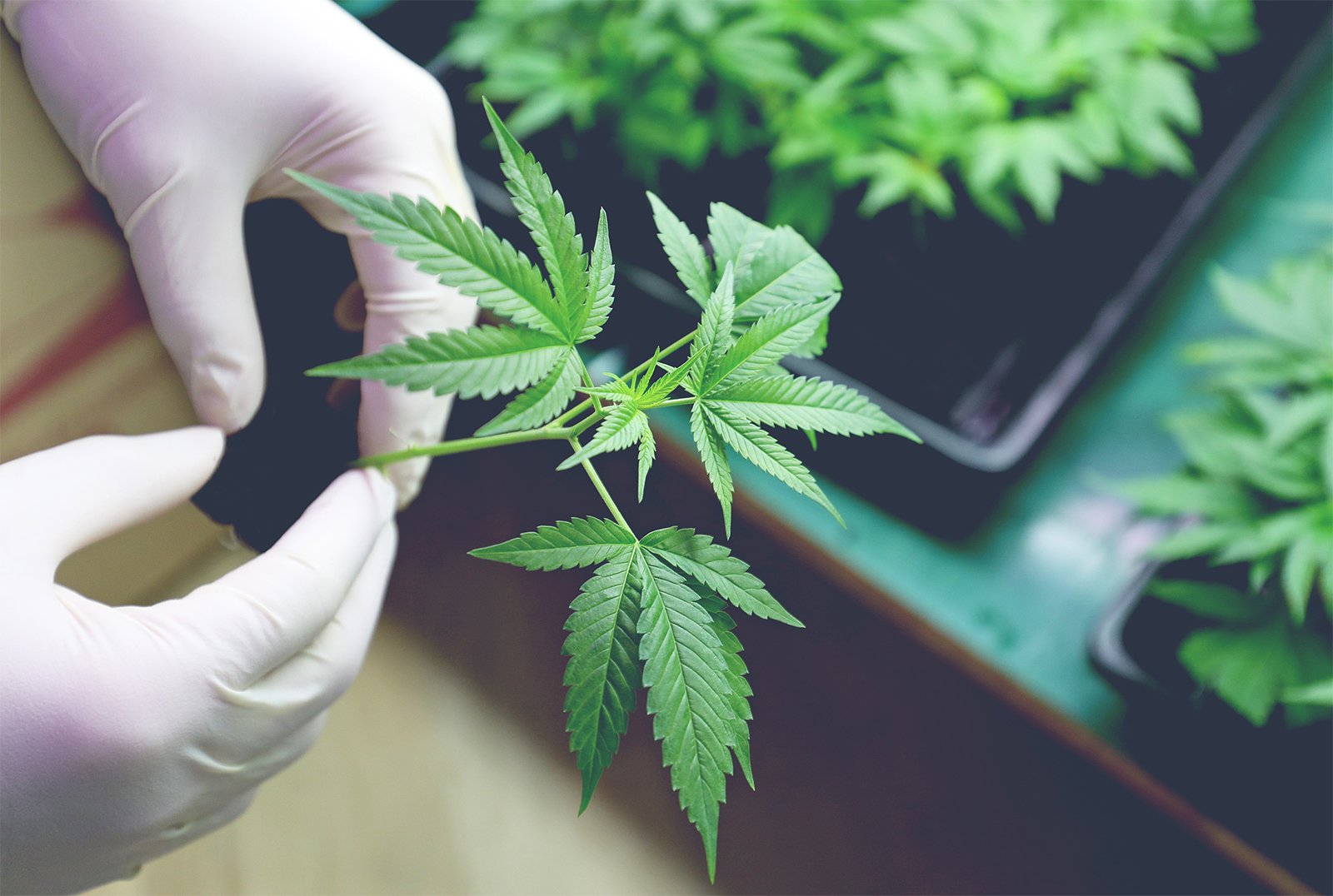
One of the primary functions of the Endocannabinoid System (ECS) is to maintain homeostasis. This state of internal stability can be disrupted by outside forces, such as injury or inebriation. When something goes awry, the ECS goes to work sending signals throughout the body to relieve pain or alleviate stress. CBD, Delta 8, THCa, and Delta 9 all affect the ECS. Some are therapeutic and beneficial while others create an intoxicating euphoria.
The endocannabinoid system (ECS) is an internal homeostatic system present in all vertebrates that plays a critical role in the nervous system and regulates multiple physiological processes, including appetite, digestion, mood, coordination, and other processes.

How Does CBD Interact with the Endocannabinoid System?
How Does CBD Interact with the Endocannabinoid System?
CBD, or cannabidiol, has gained attention in recent years for its potential health benefits. Unlike THC, the compound in cannabis that produces a “high,” CBD does not bind directly to the CB1 or CB2 receptors in the endocannabinoid system (ECS). Instead, it has a more subtle yet impactful interaction within the ECS, one that enhances the system’s natural balance rather than disrupting it. In this article, we’ll explore how CBD works with the ECS to promote wellness and alleviate symptoms like inflammation, chronic pain, and stress.
What is the Endocannabinoid System (ECS)?
The ECS is a complex cell-signaling system in the body involved in regulating a variety of physiological processes, including mood, appetite, sleep, immune response, and pain sensation. It plays a crucial role in maintaining homeostasis, or balance, within the body. The ECS is composed of three primary components:
- Endocannabinoids: These are natural compounds similar to cannabinoids found in cannabis, but they are produced within the body. The two main endocannabinoids are anandamide (AEA) and 2-arachidonoylglycerol (2-AG).
- Receptors: Endocannabinoids interact with two main receptors: CB1 receptors, which are primarily located in the brain and central nervous system, and CB2 receptors, found mainly in immune cells and peripheral organs.
- Enzymes: After endocannabinoids have carried out their function, enzymes break them down. The two main enzymes are FAAH, which breaks down anandamide, and MAGL, which breaks down 2-AG.
How CBD Interacts with the ECS
CBD’s interaction with the ECS is unique in that it does not bind directly to the CB1 or CB2 receptors. Instead, CBD influences how the ECS functions in more subtle ways, enhancing the body’s natural balance without causing psychoactive effects. Here’s how it works:
- Inhibiting Endocannabinoid Breakdown CBD is thought to inhibit the enzymes that break down endocannabinoids. By preventing the rapid breakdown of these compounds, CBD allows endocannabinoids to remain active in the body for a longer time, which enhances their effects. For example, if an endocannabinoid binds to a CB2 receptor in response to inflammation, CBD’s presence allows the endocannabinoid to keep working on reducing inflammation, as it isn’t broken down as quickly.
- Modulating Receptor Sensitivity Although CBD doesn’t bind directly to ECS receptors, it may influence their sensitivity. Some studies suggest that CBD can make these receptors more responsive to endocannabinoids or other cannabinoids present in the body. This modulation can improve the ECS’s overall effectiveness in maintaining balance within various systems of the body, from stress responses to pain management.
- Interacting with Other Receptors in the Body CBD also interacts with other receptors outside the ECS. For instance, CBD influences serotonin receptors, which are involved in mood regulation and stress management, and TRPV1 receptors, which play a role in the perception of pain and inflammation. These interactions may contribute to CBD’s ability to alleviate symptoms like anxiety, pain, and inflammation.
Potential Benefits of CBD in Supporting ECS Function
By enhancing the body’s endocannabinoids and interacting with various receptors, CBD may offer several health benefits. Here’s a closer look at some areas where CBD’s effects on the ECS could be beneficial:
- Reducing Inflammation Inflammation is a natural immune response, but chronic inflammation can lead to various health problems, including arthritis and other autoimmune conditions. CBD’s effect on CB2 receptors and its ability to increase the activity of endocannabinoids help regulate the immune response, potentially reducing inflammation and associated pain.
- Chronic Pain Relief Chronic pain is often linked to inflammation or nerve-related issues. By enhancing the body’s endocannabinoids, CBD may help regulate pain perception. Some users find relief from chronic conditions like arthritis, migraines, or back pain by using CBD products, although more research is needed to understand the full extent of its efficacy.
- Promoting Better Sleep Sleep disorders are often related to stress, anxiety, or pain. CBD’s interaction with both ECS and serotonin receptors could help reduce these underlying issues, allowing for improved sleep quality. Additionally, by balancing the ECS, CBD may help regulate sleep patterns and support the body’s natural circadian rhythm.
- Managing Anxiety and Stress CBD’s ability to reduce stress and anxiety may stem from its influence on the ECS and serotonin receptors. By enhancing the body’s natural endocannabinoids, CBD may help maintain a calmer, more balanced mood. This effect is one reason CBD has become popular as a natural supplement for those experiencing anxiety or mood disorders.
Conclusion: Enhancing the ECS Naturally with CBD
CBD offers a unique approach to wellness by working with, rather than altering, the body’s natural systems. By enhancing the activity and longevity of the body’s own endocannabinoids, CBD helps promote balance within the ECS and various physiological processes. Although more research is needed to fully understand its effects, current findings suggest that CBD may provide natural support for managing symptoms such as chronic pain, inflammation, anxiety, and sleep disturbances.
As interest in CBD continues to grow, its potential to aid in natural health solutions remains promising.


Dr. Sanford Wilkinson
11/07/2018 at 1:08 pmOdio est est accusantium ut. Minima excepturi est enim. Beatae alias nihil dolorum libero est dolorum vel.
Veniam quae libero omnis dolore. Eligendi et incidunt minus accusamus voluptatum quas dicta. Tempore velit eos amet tempora consequatur.